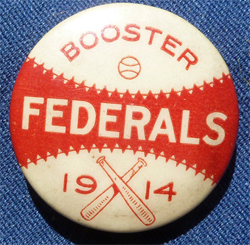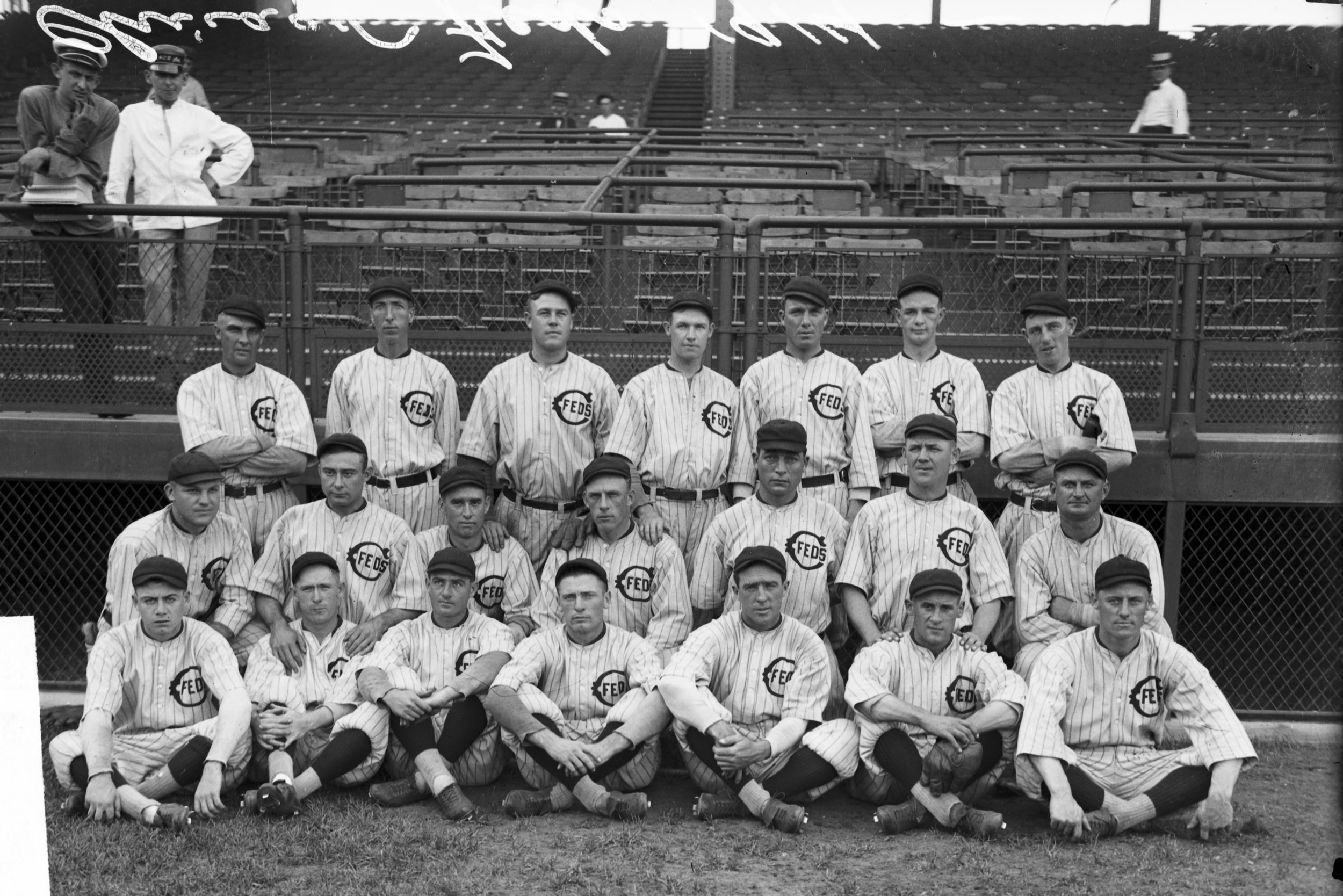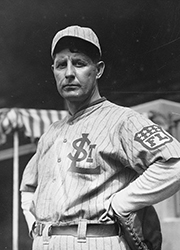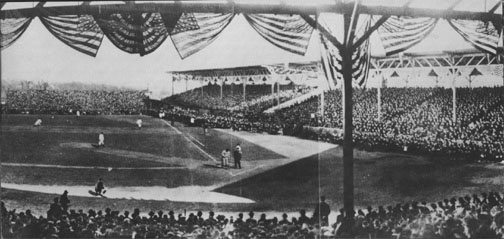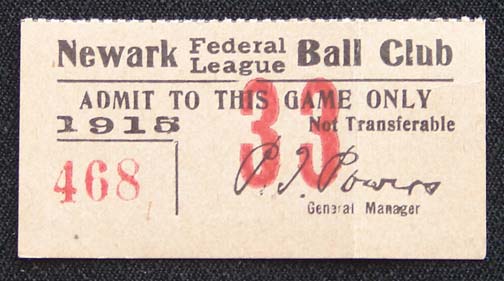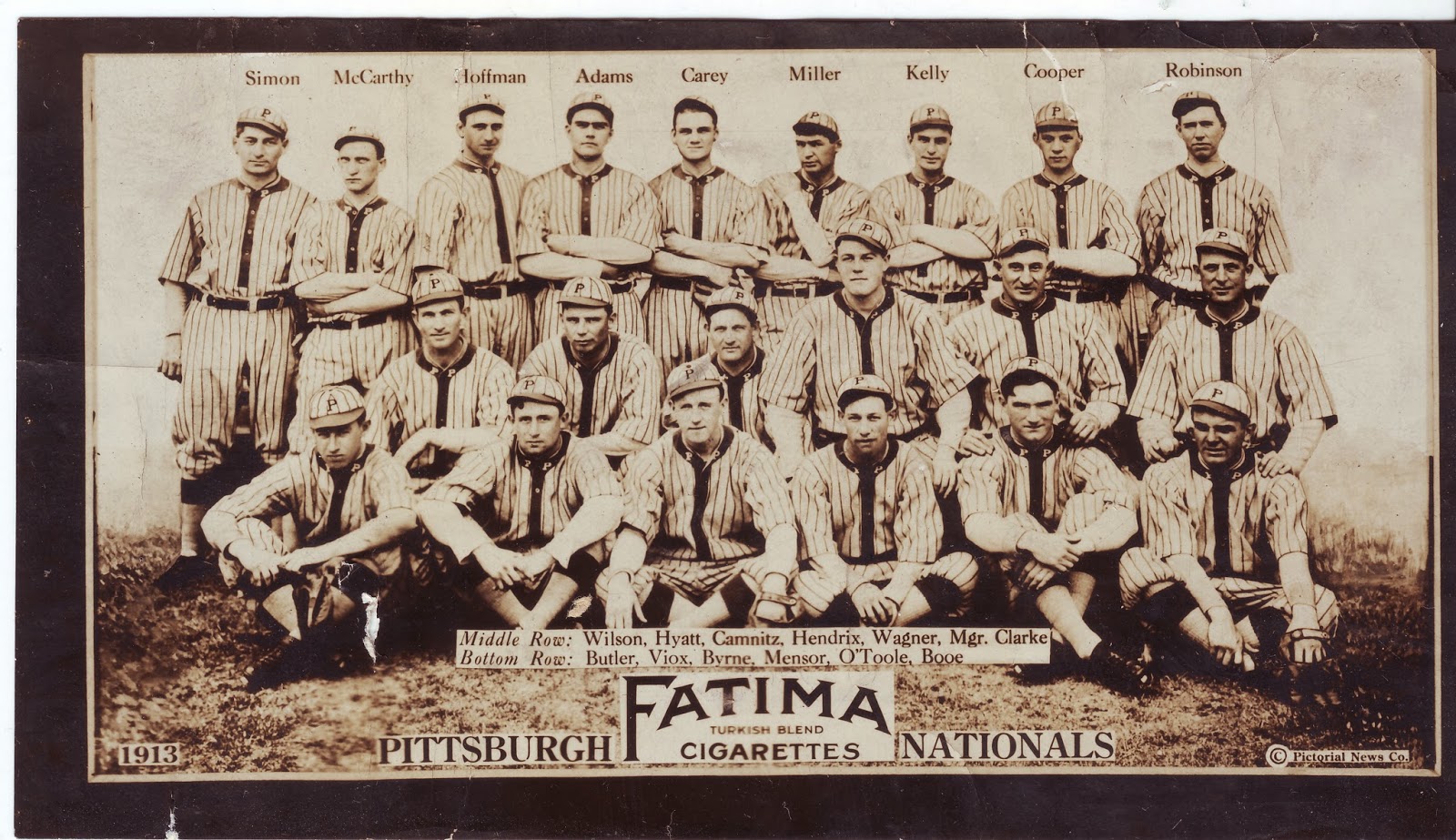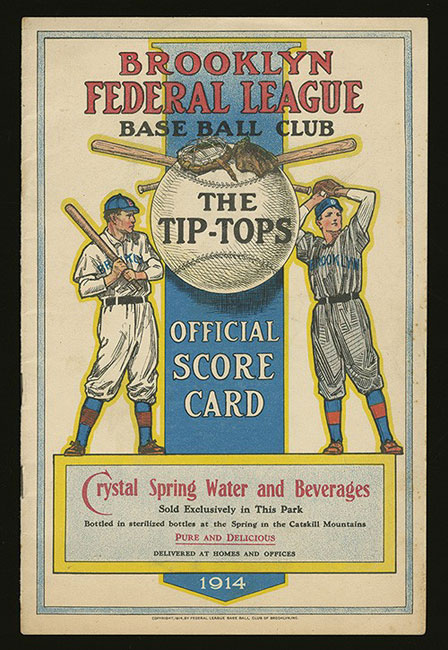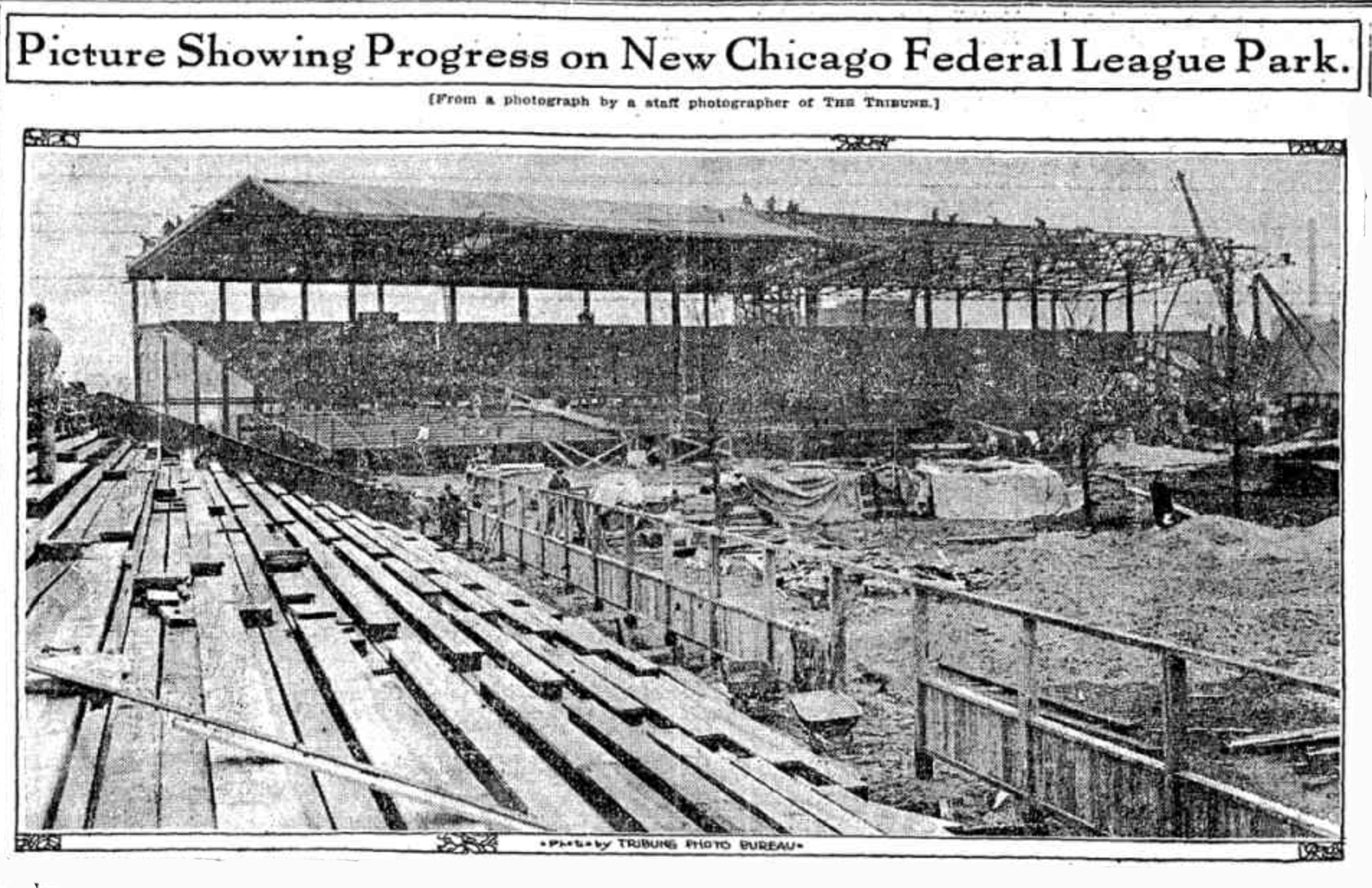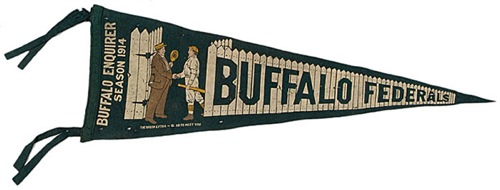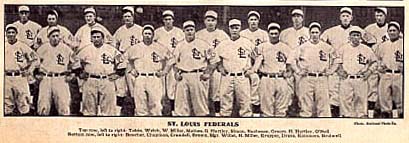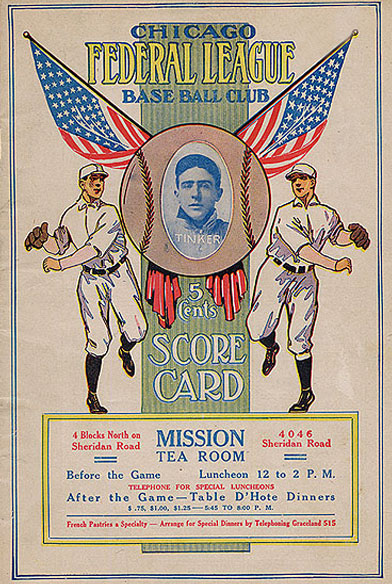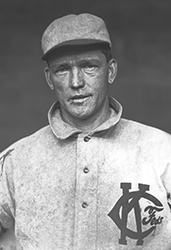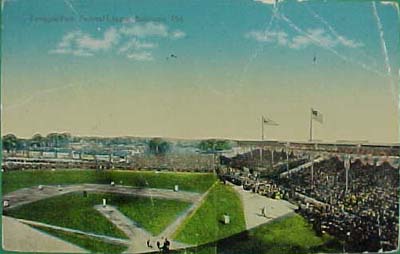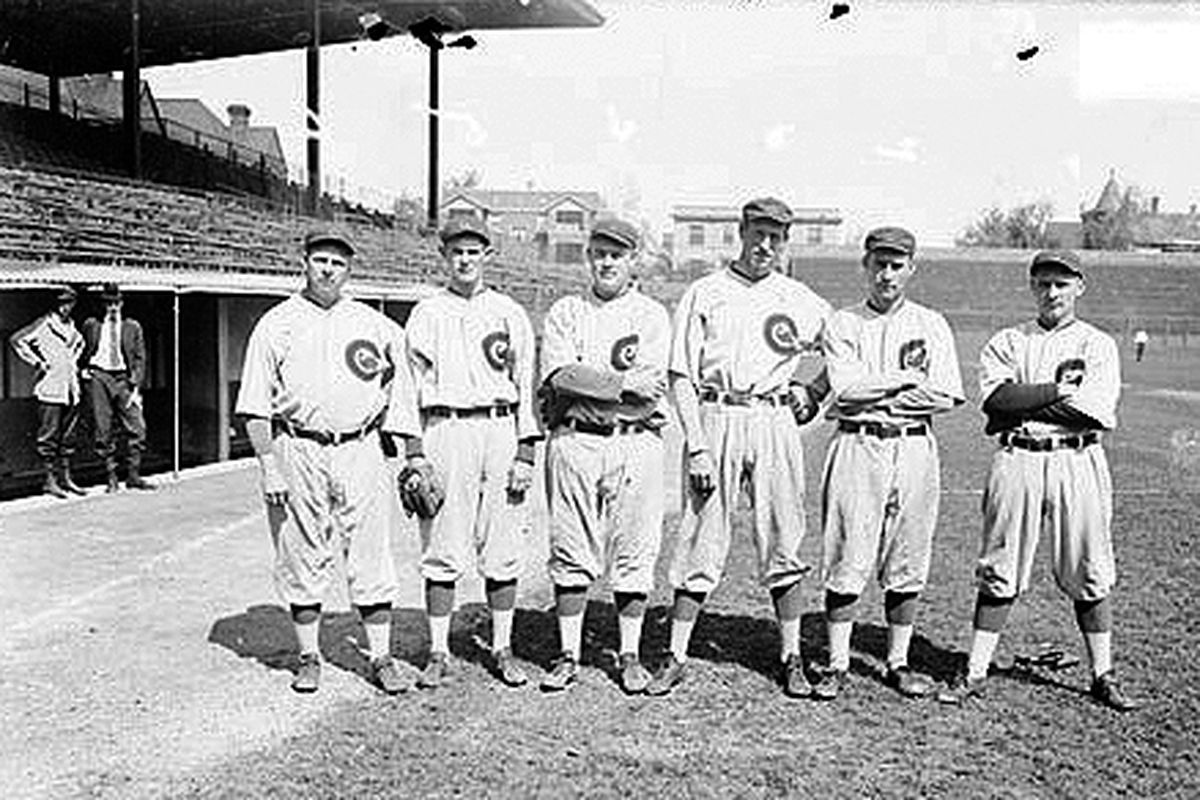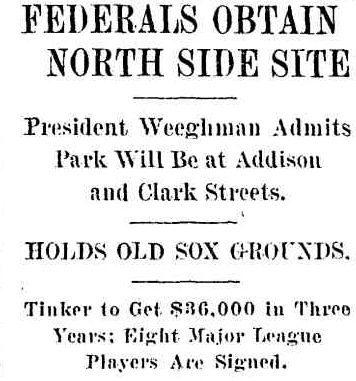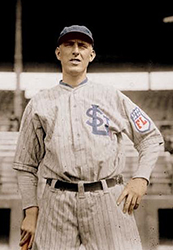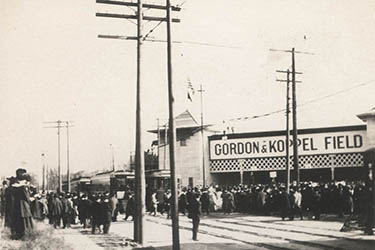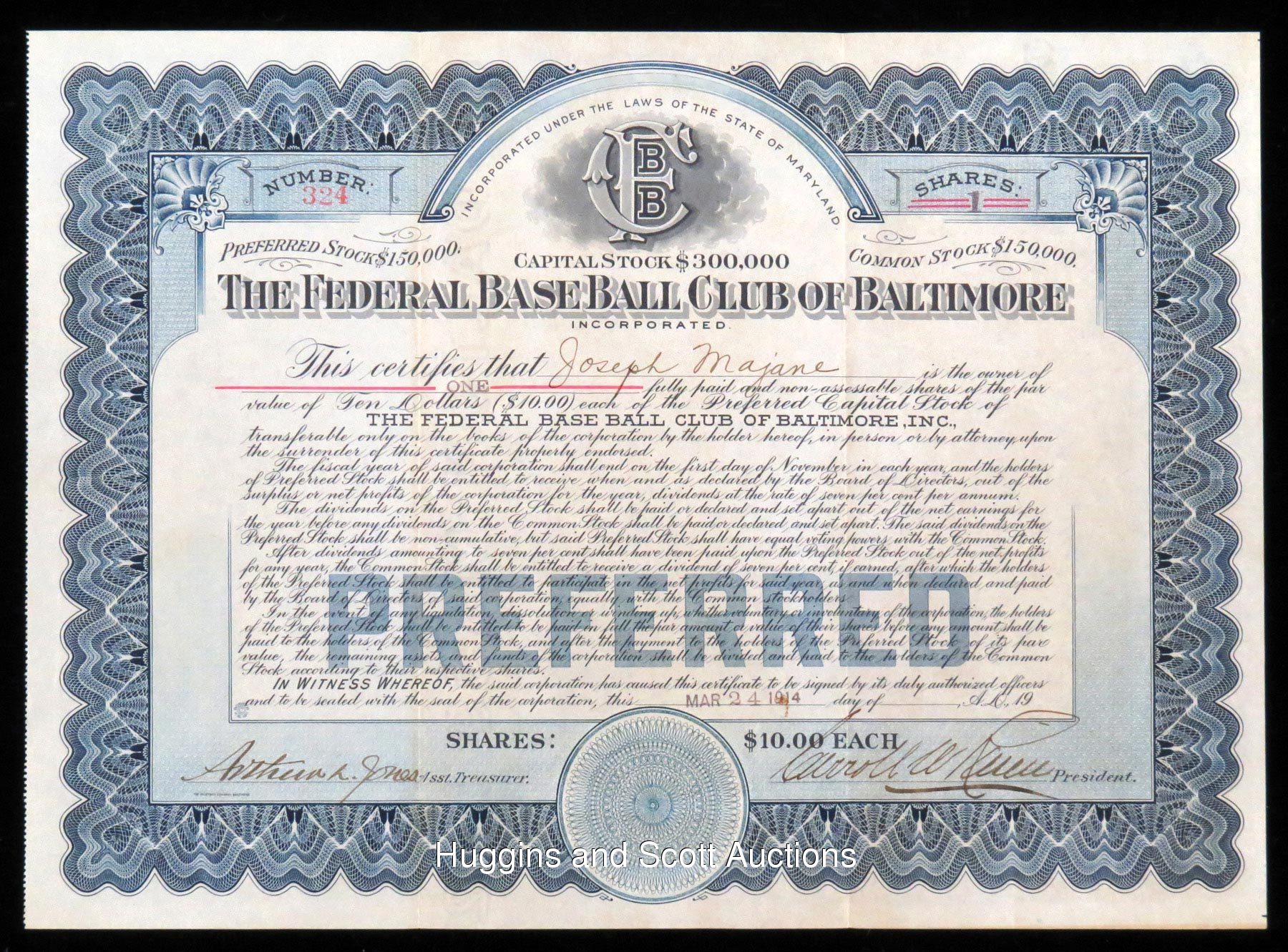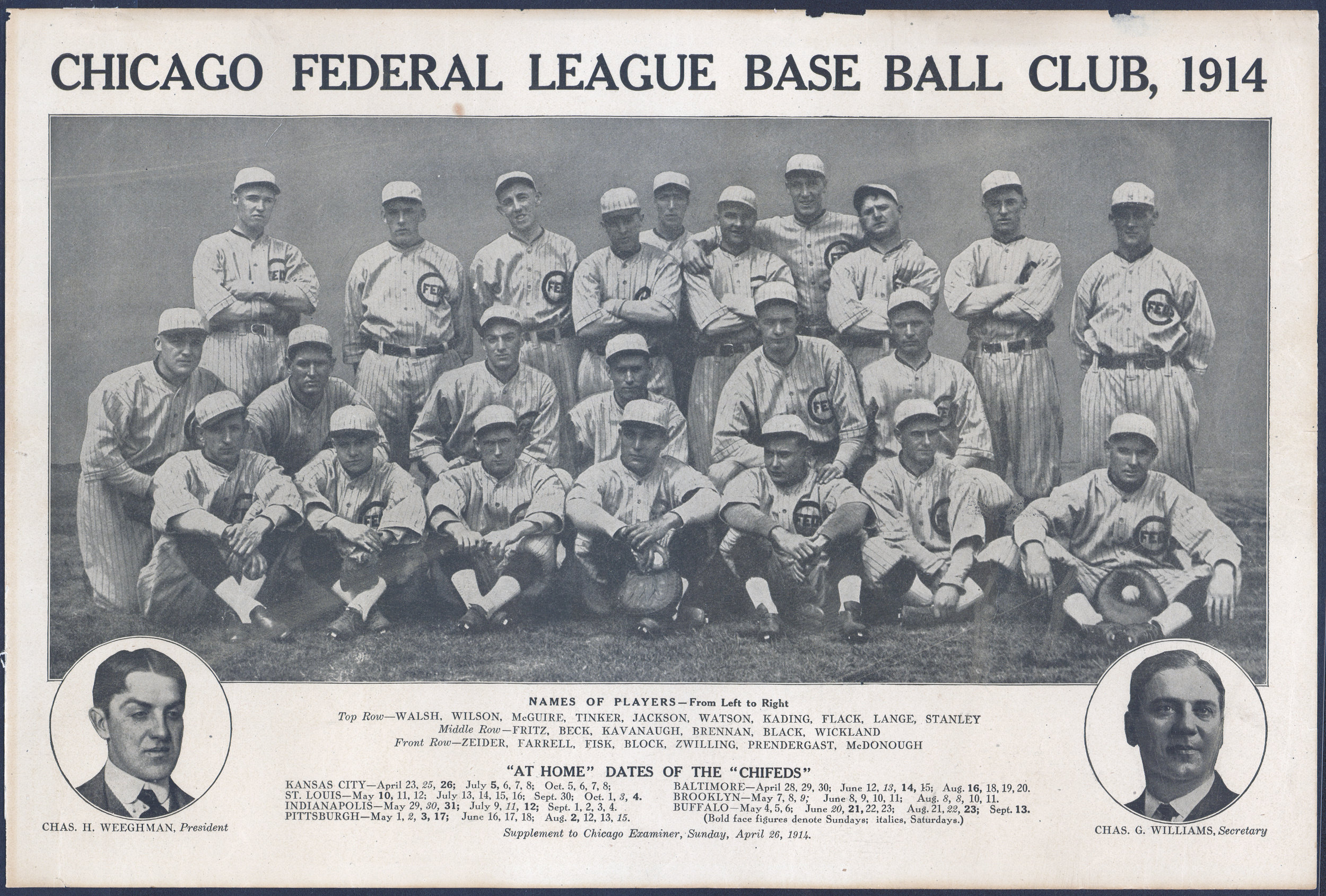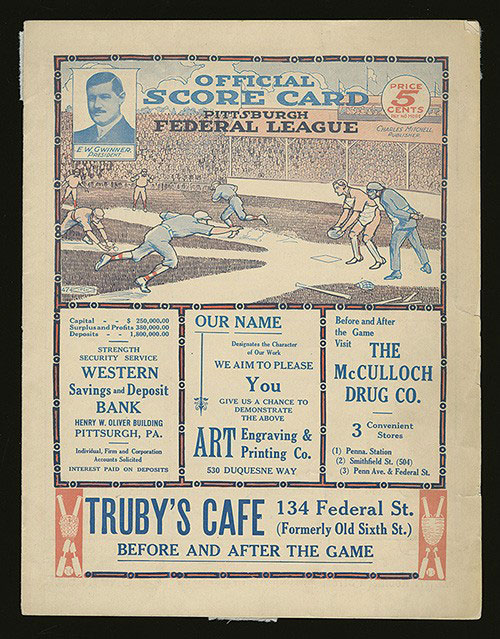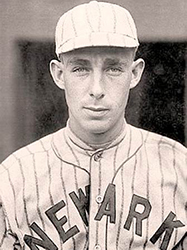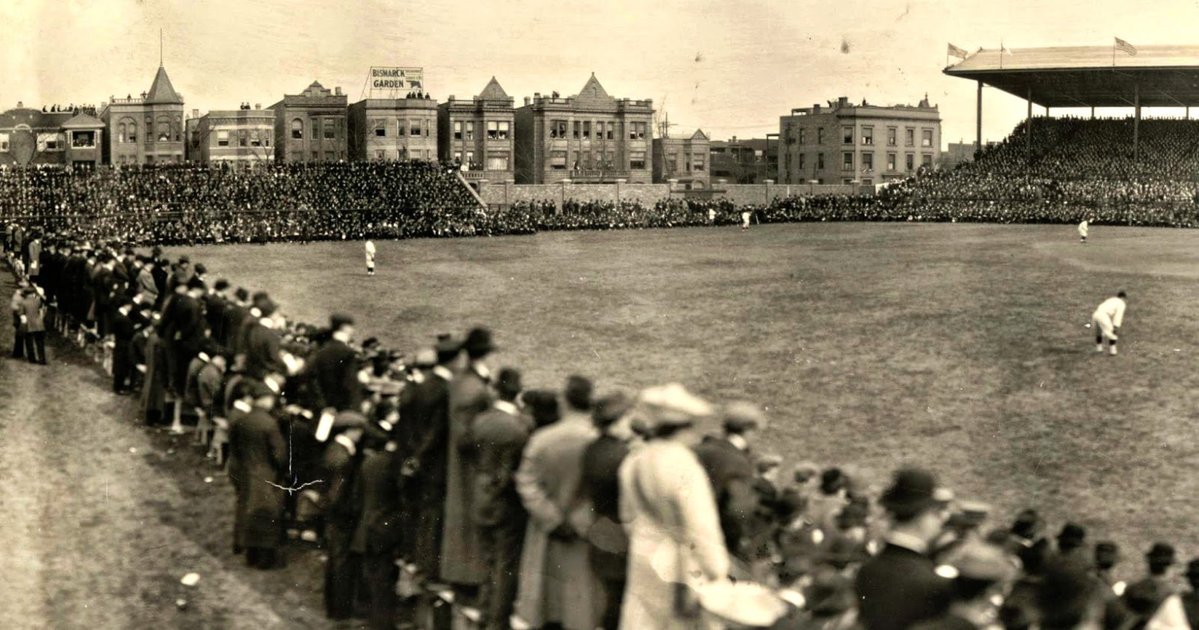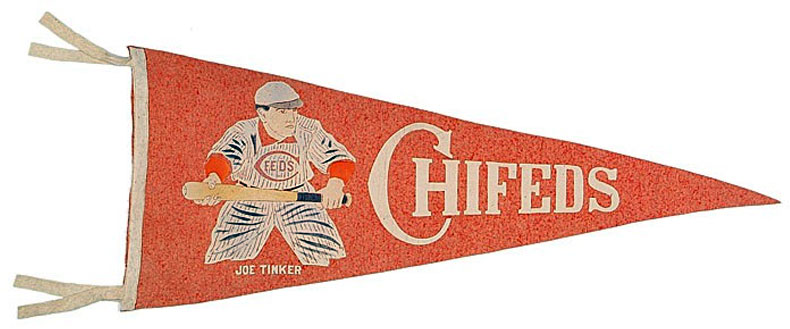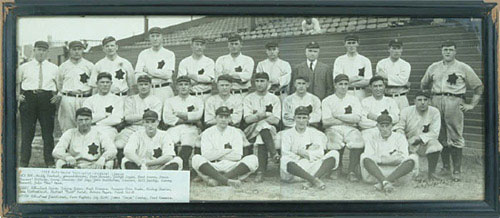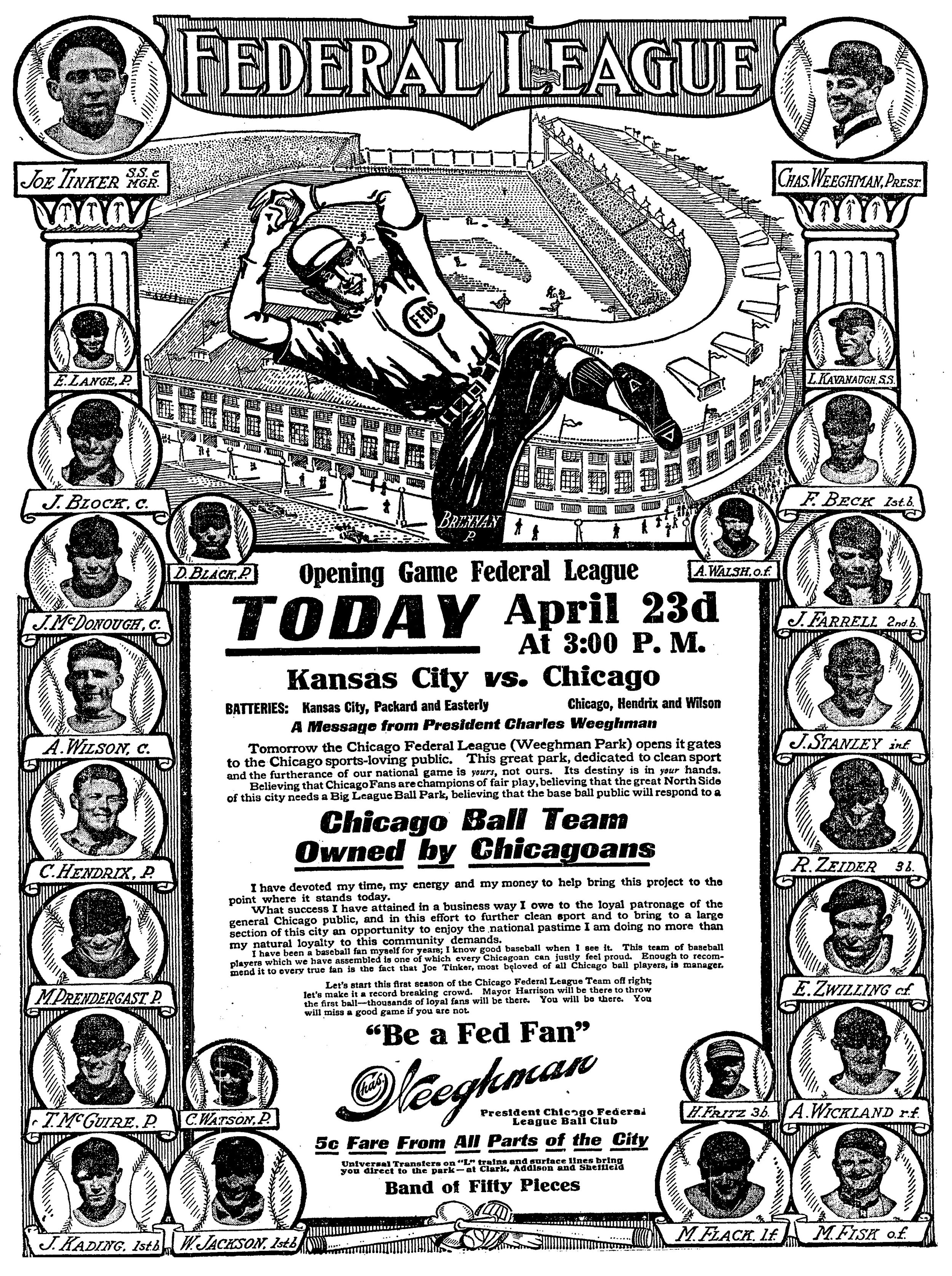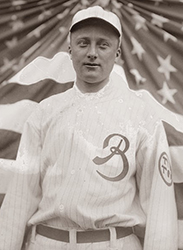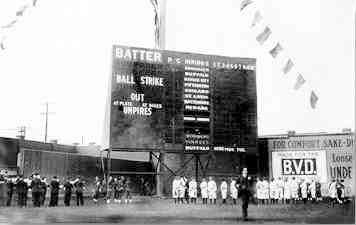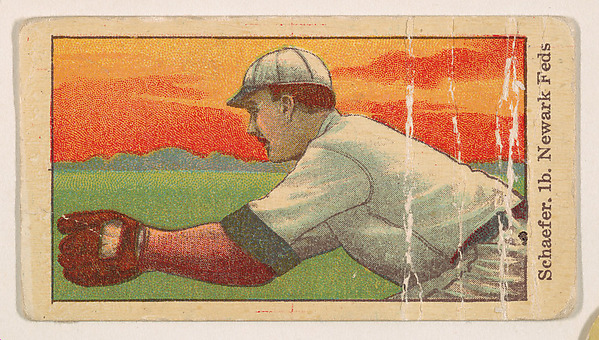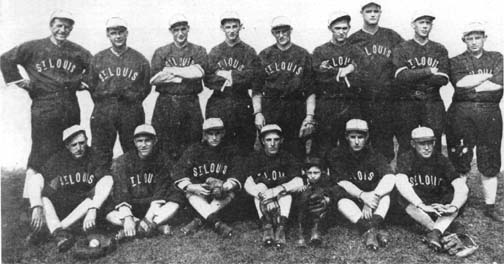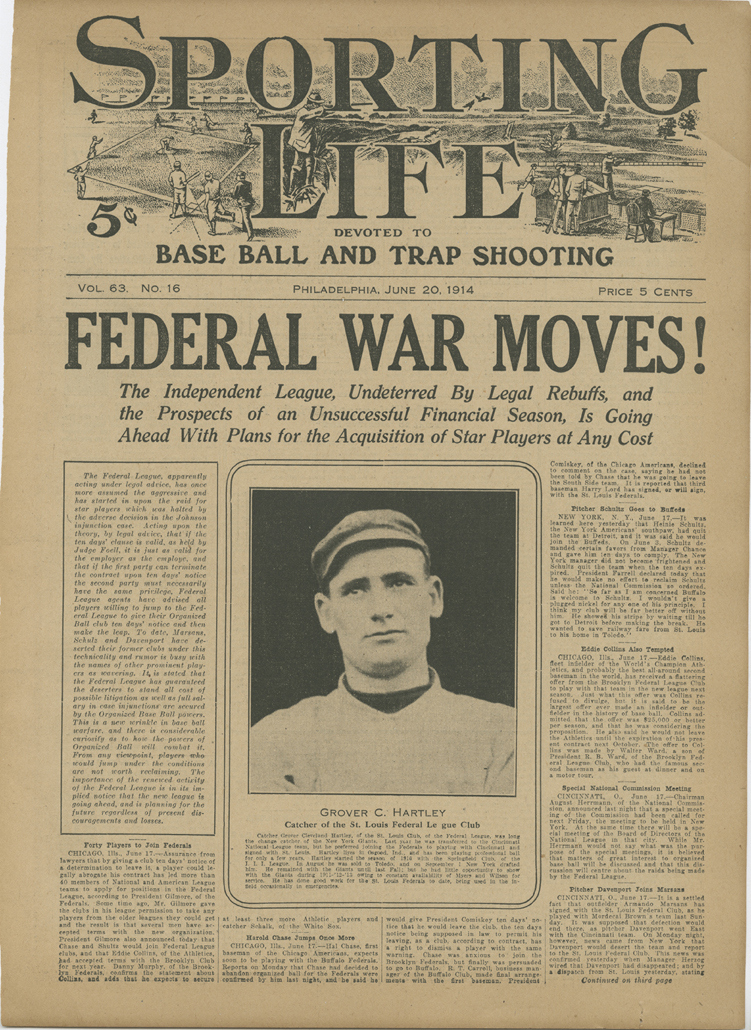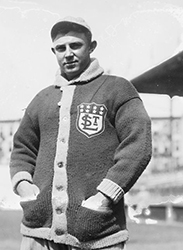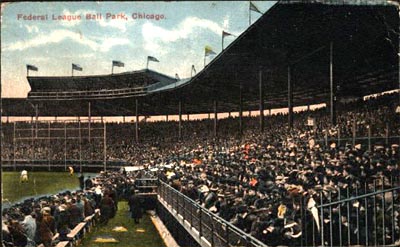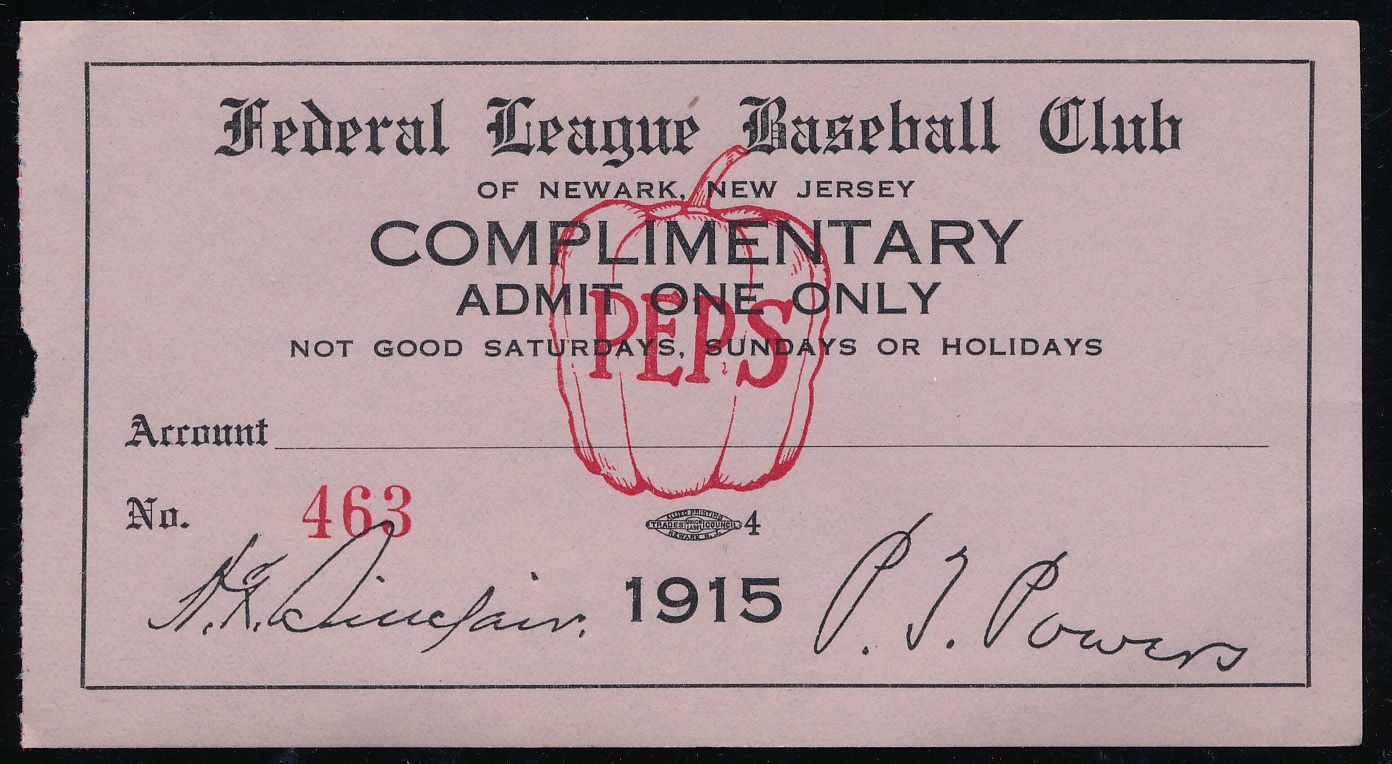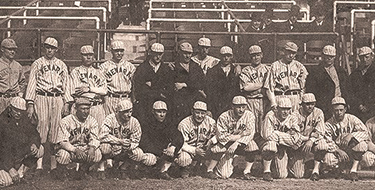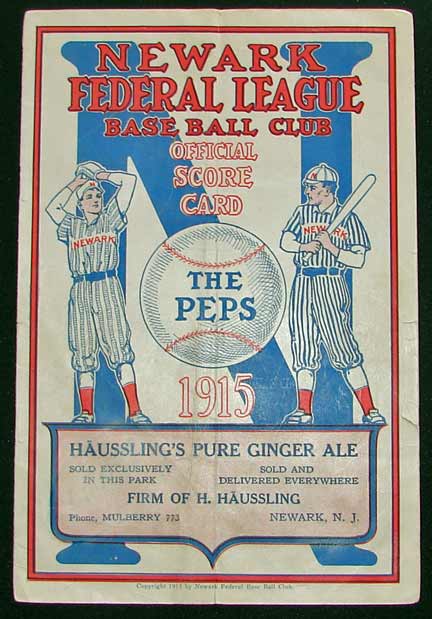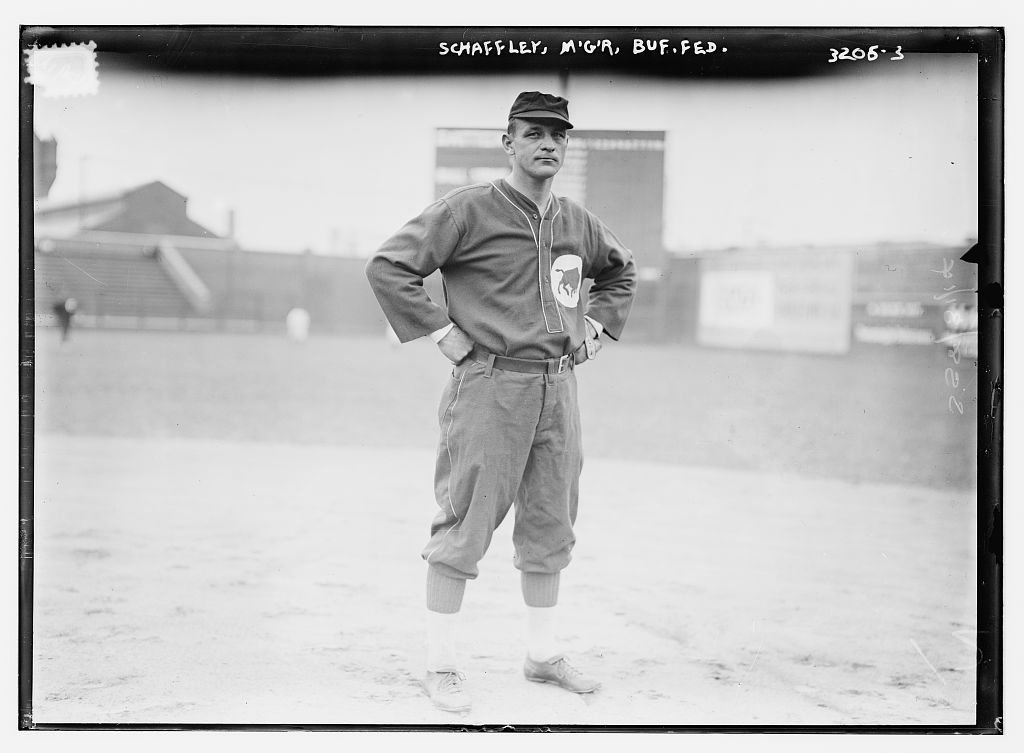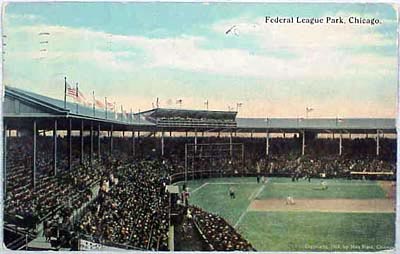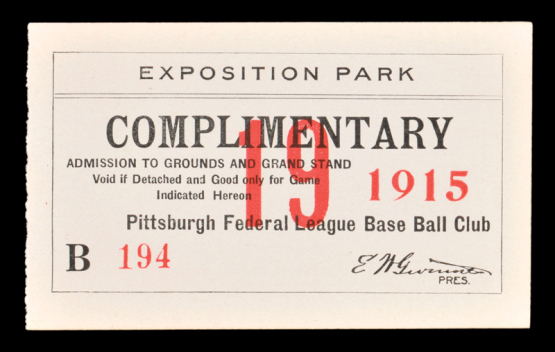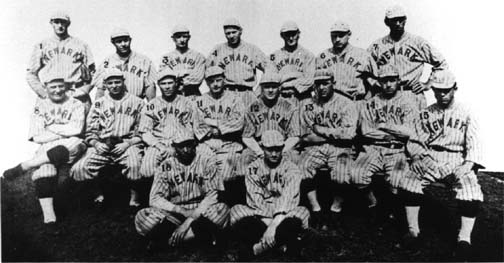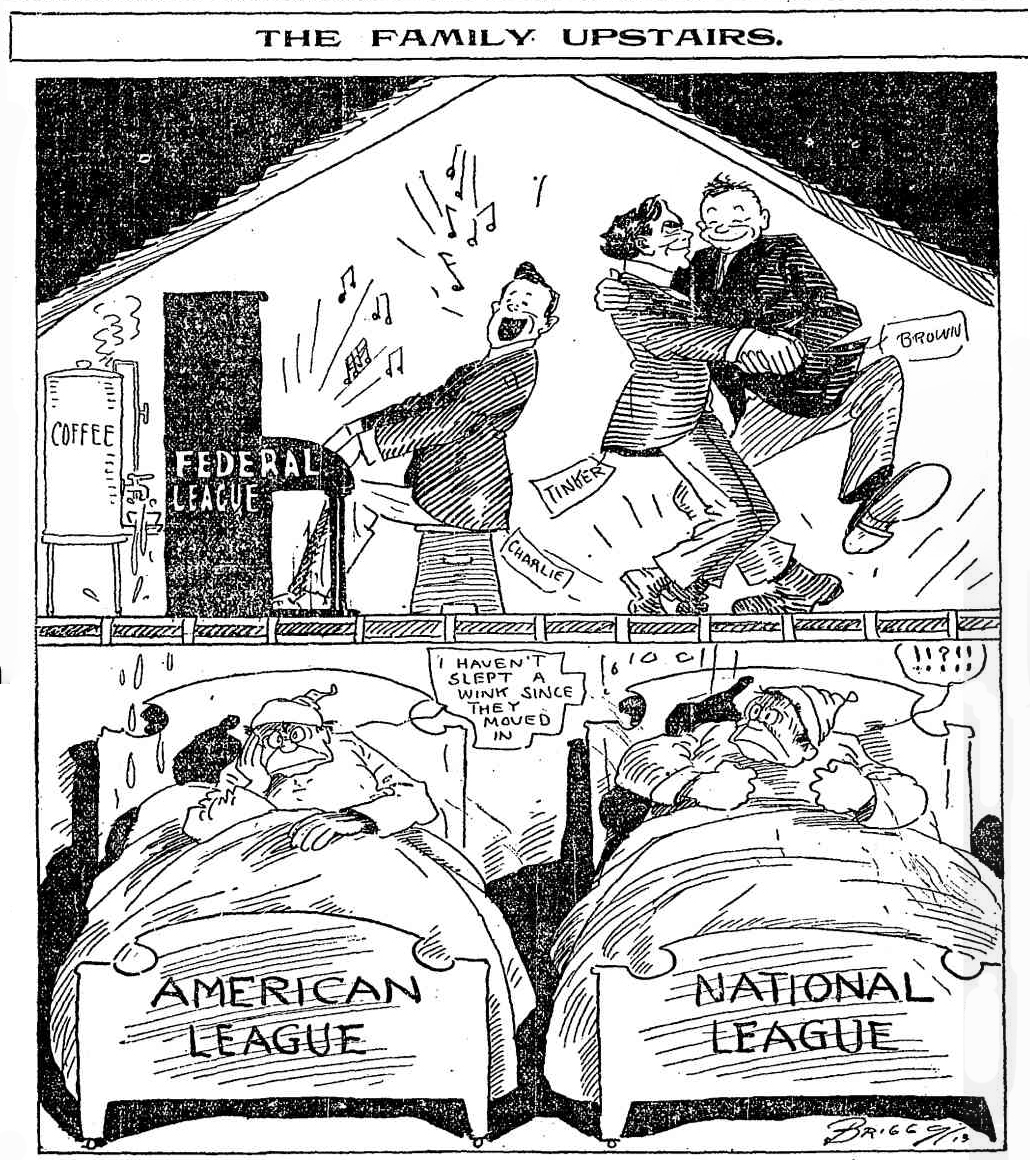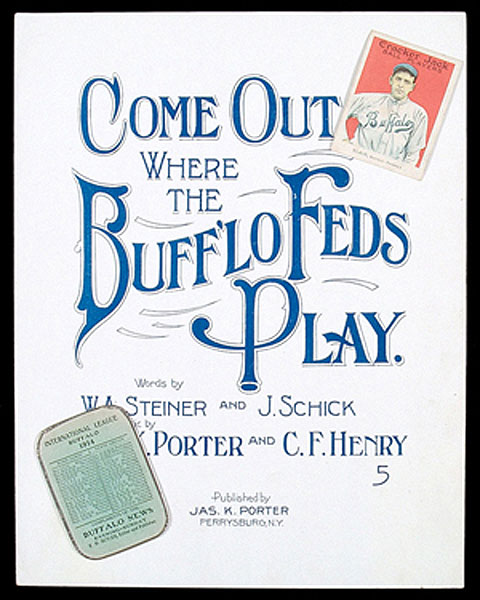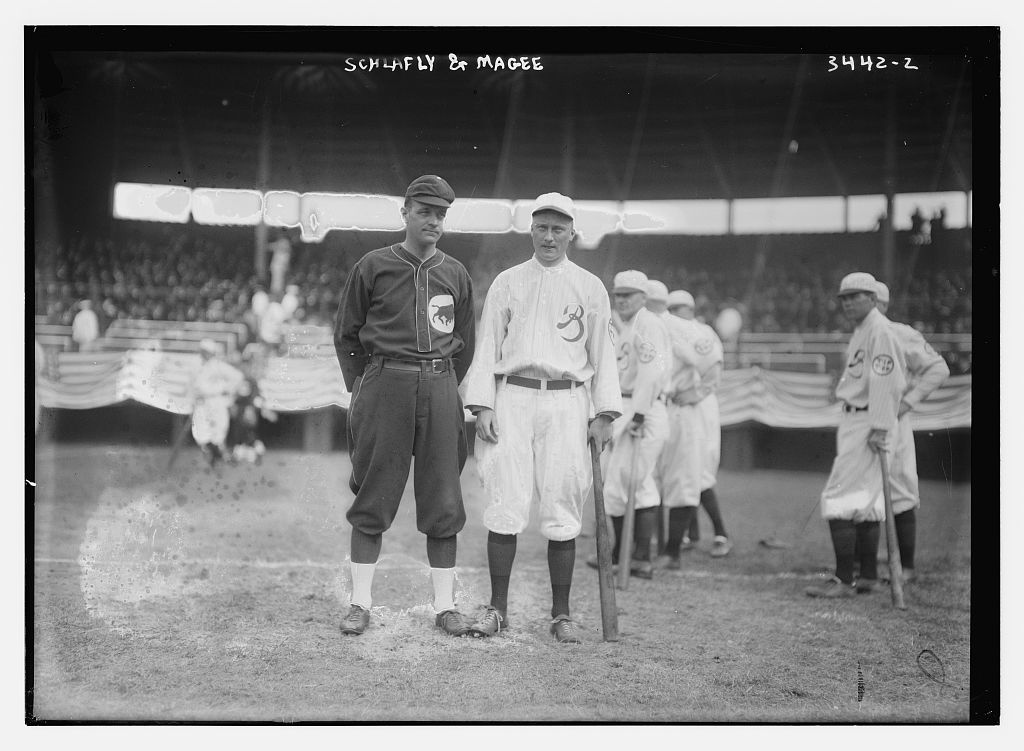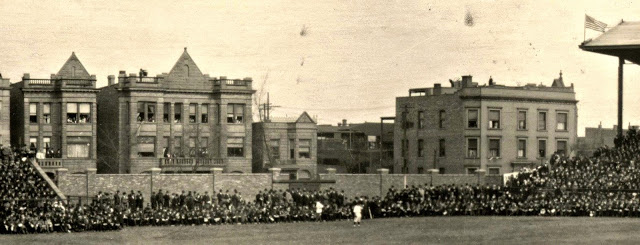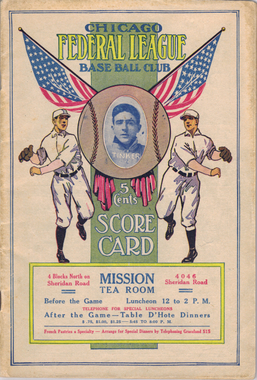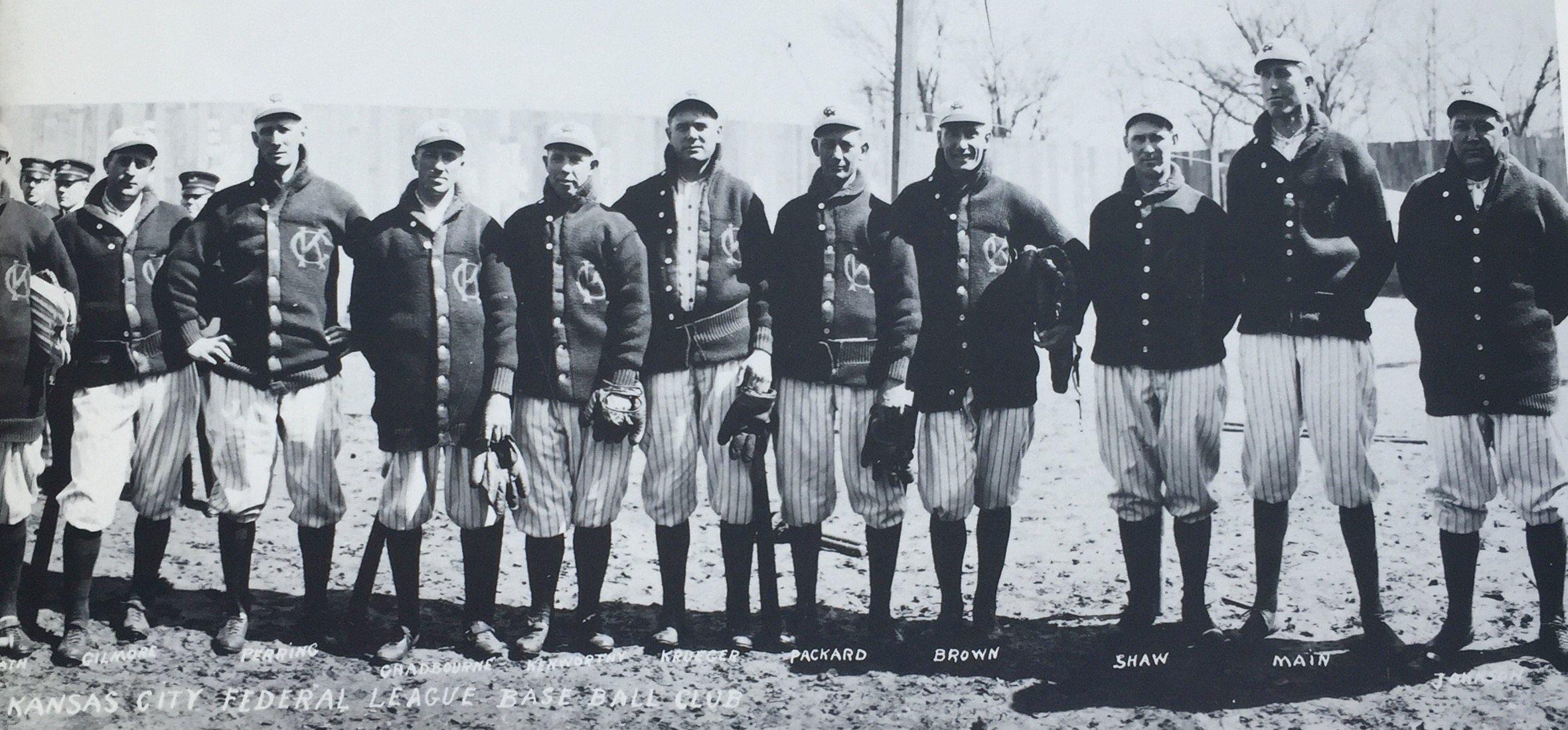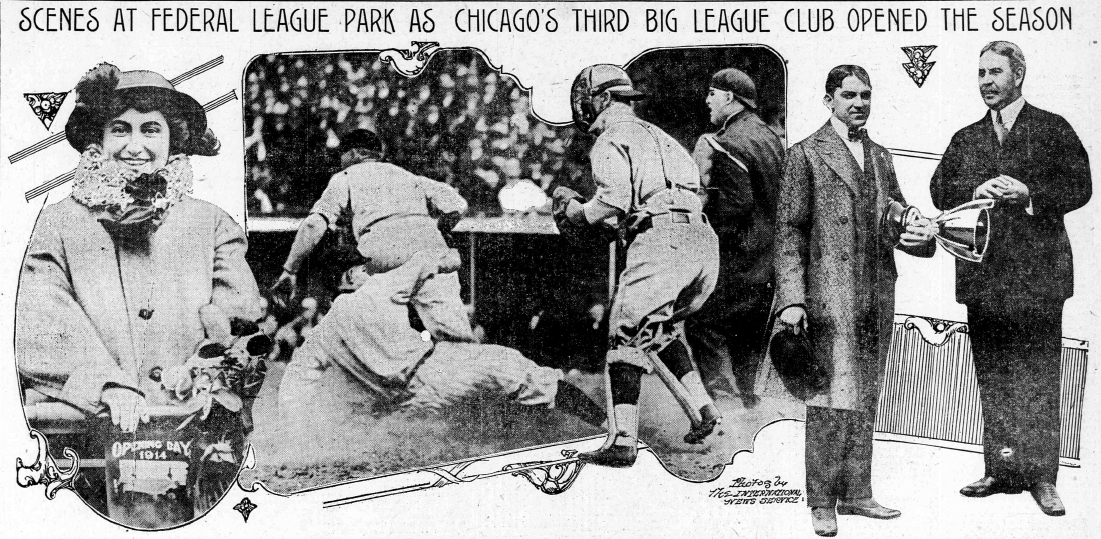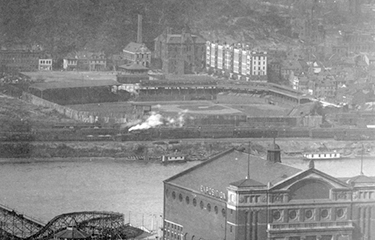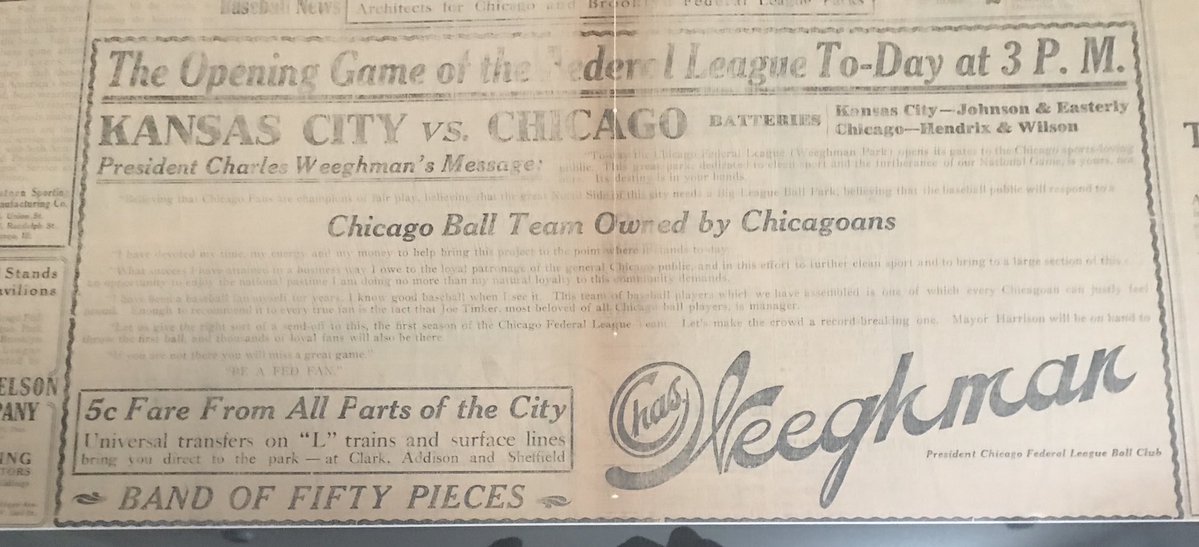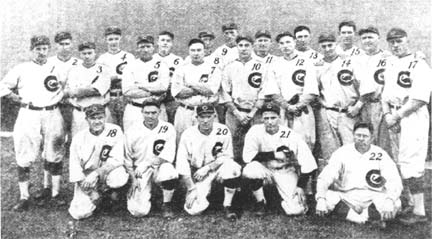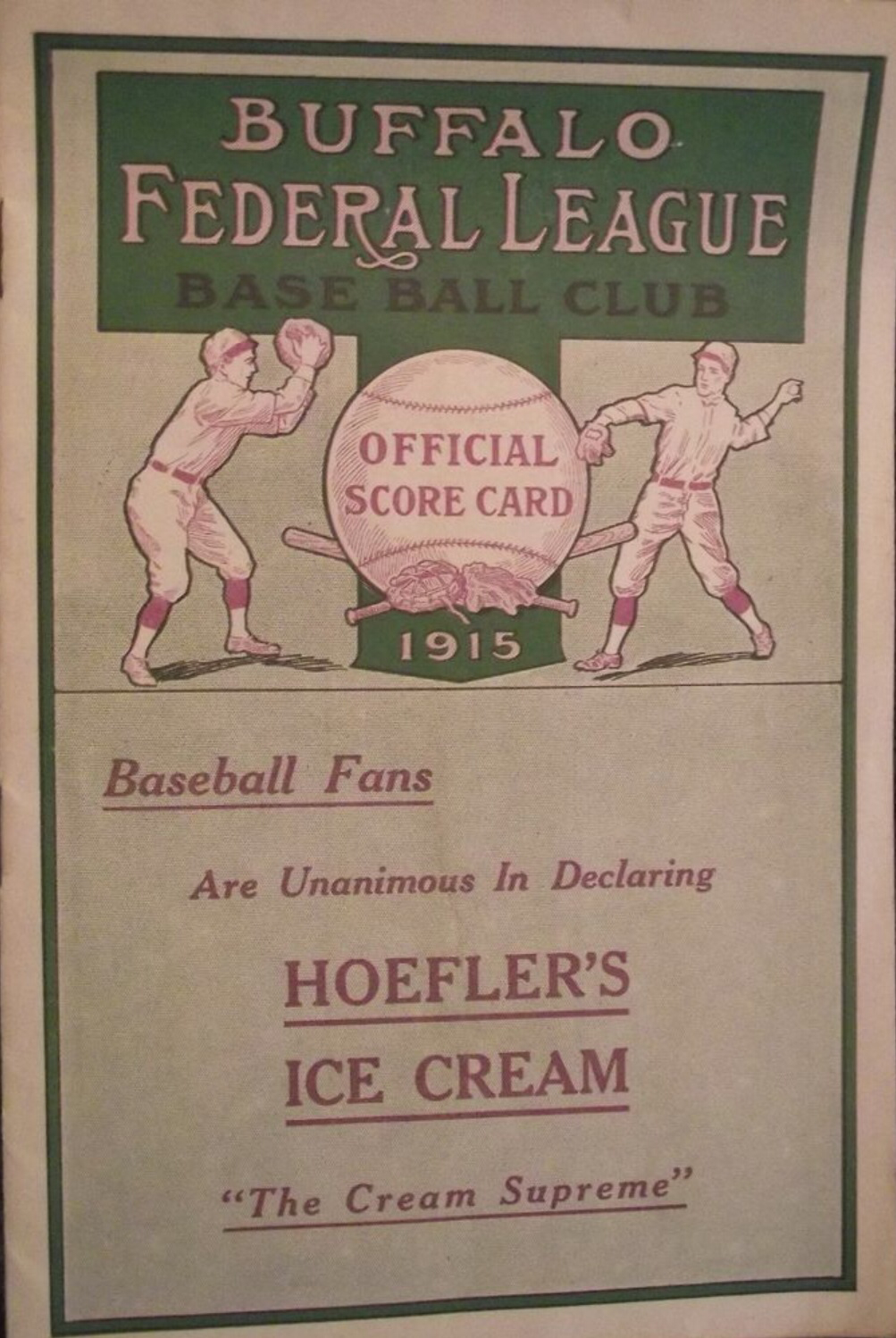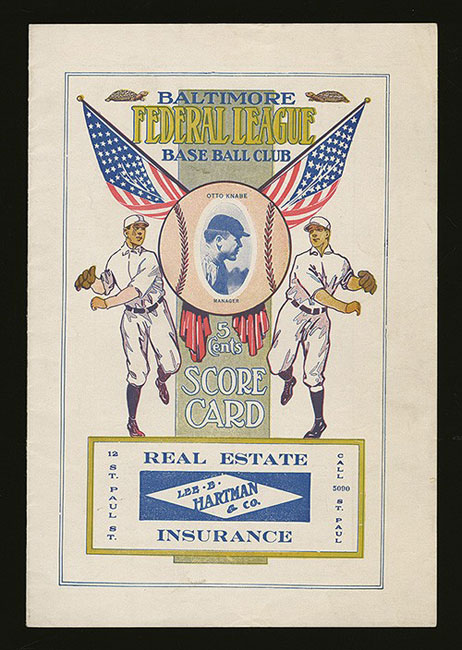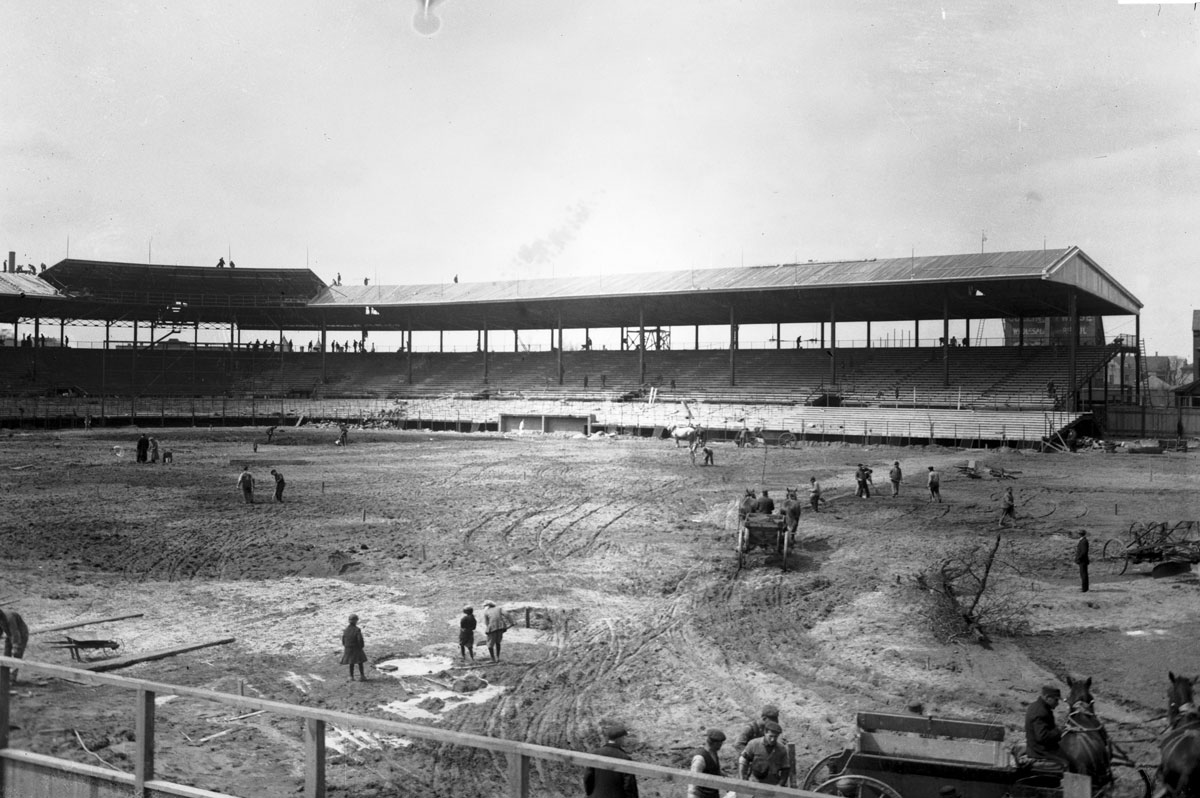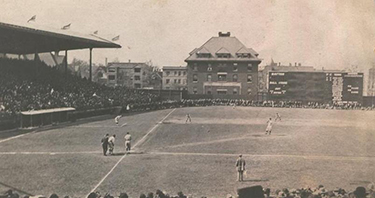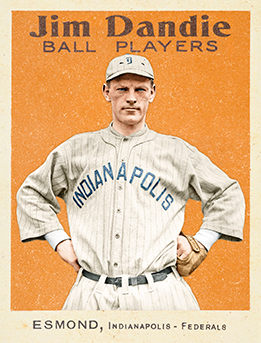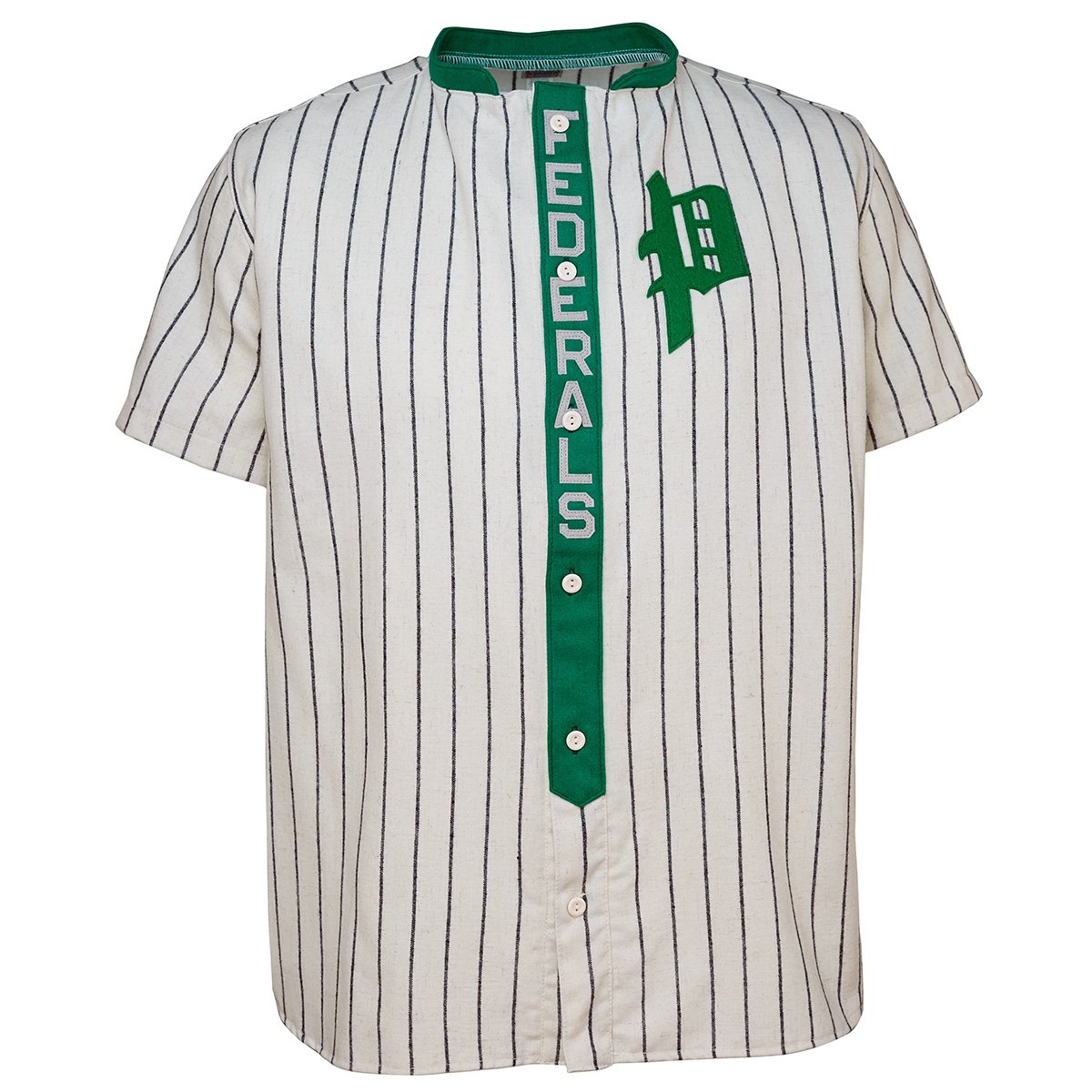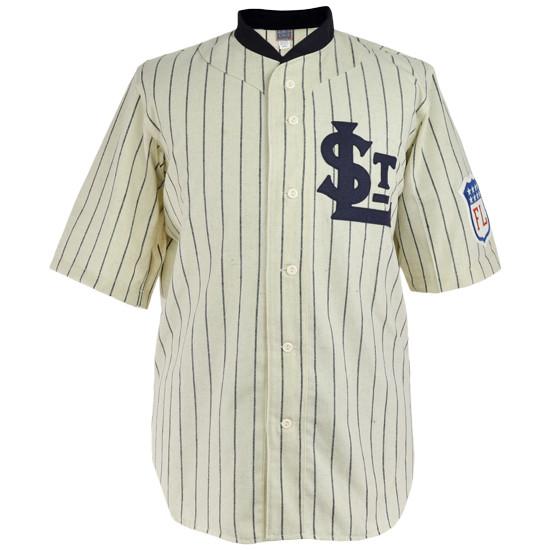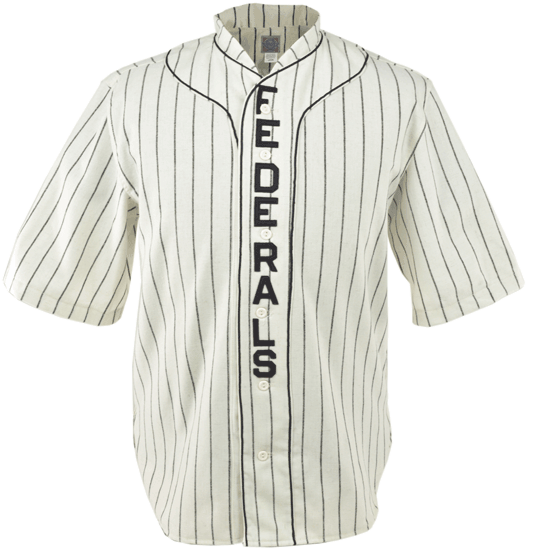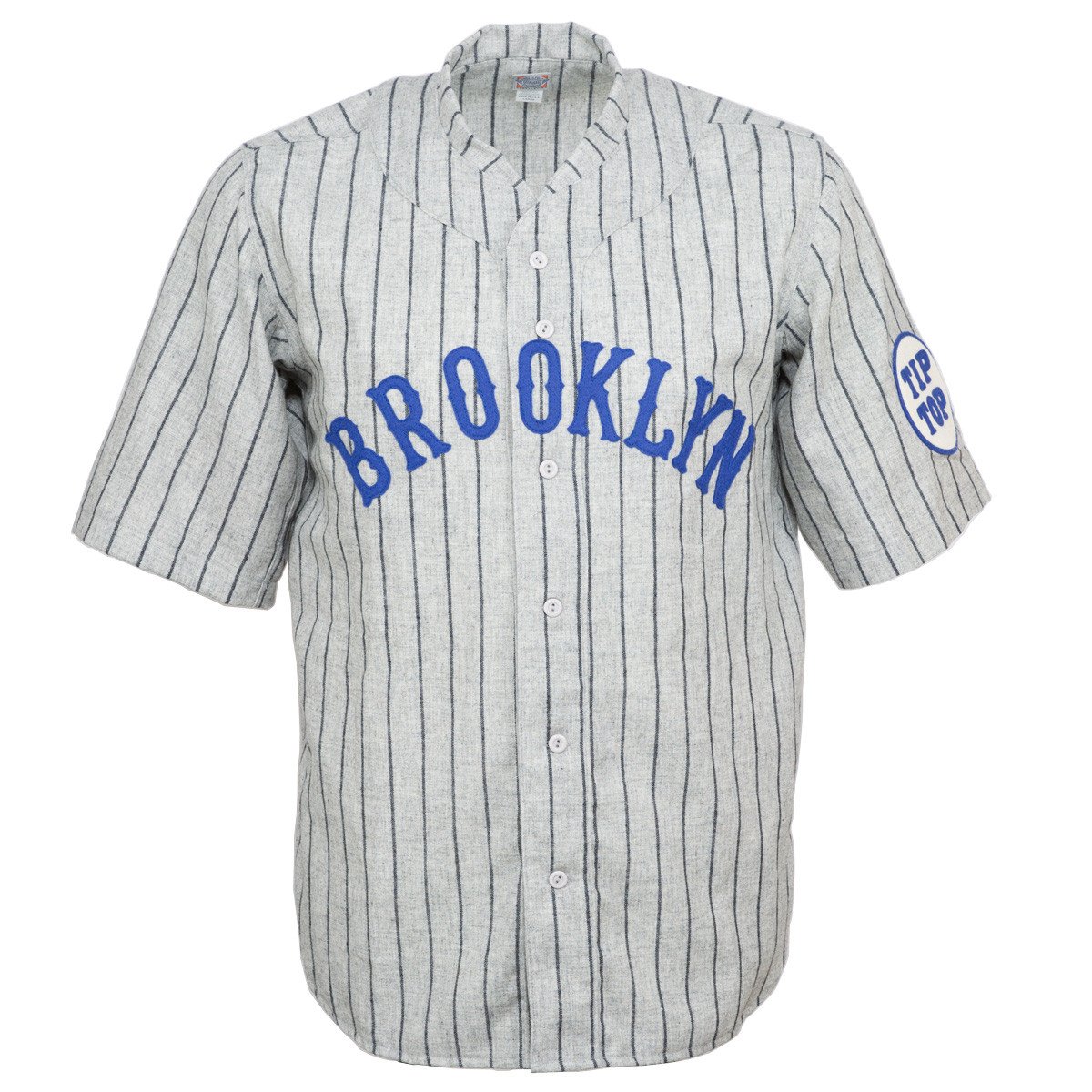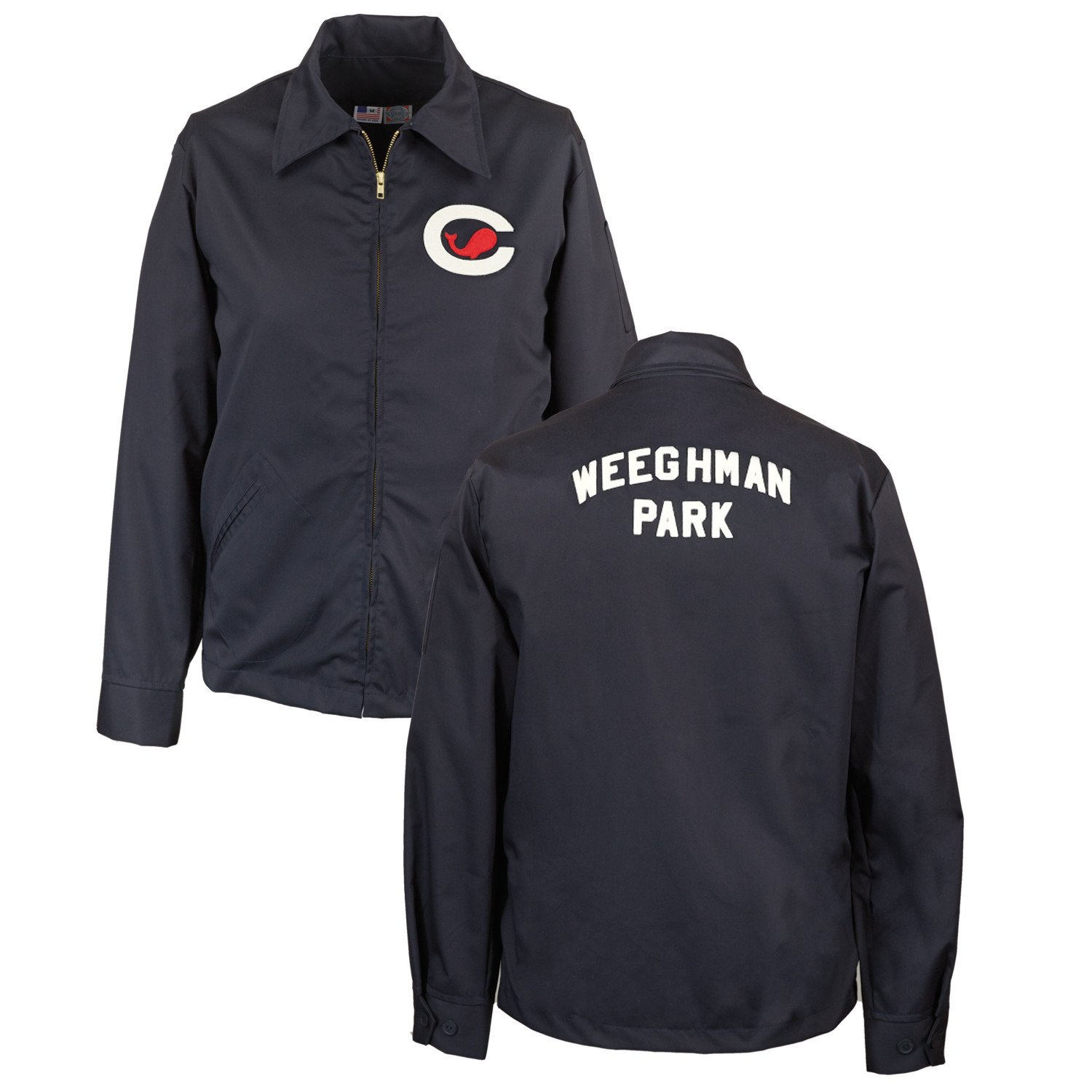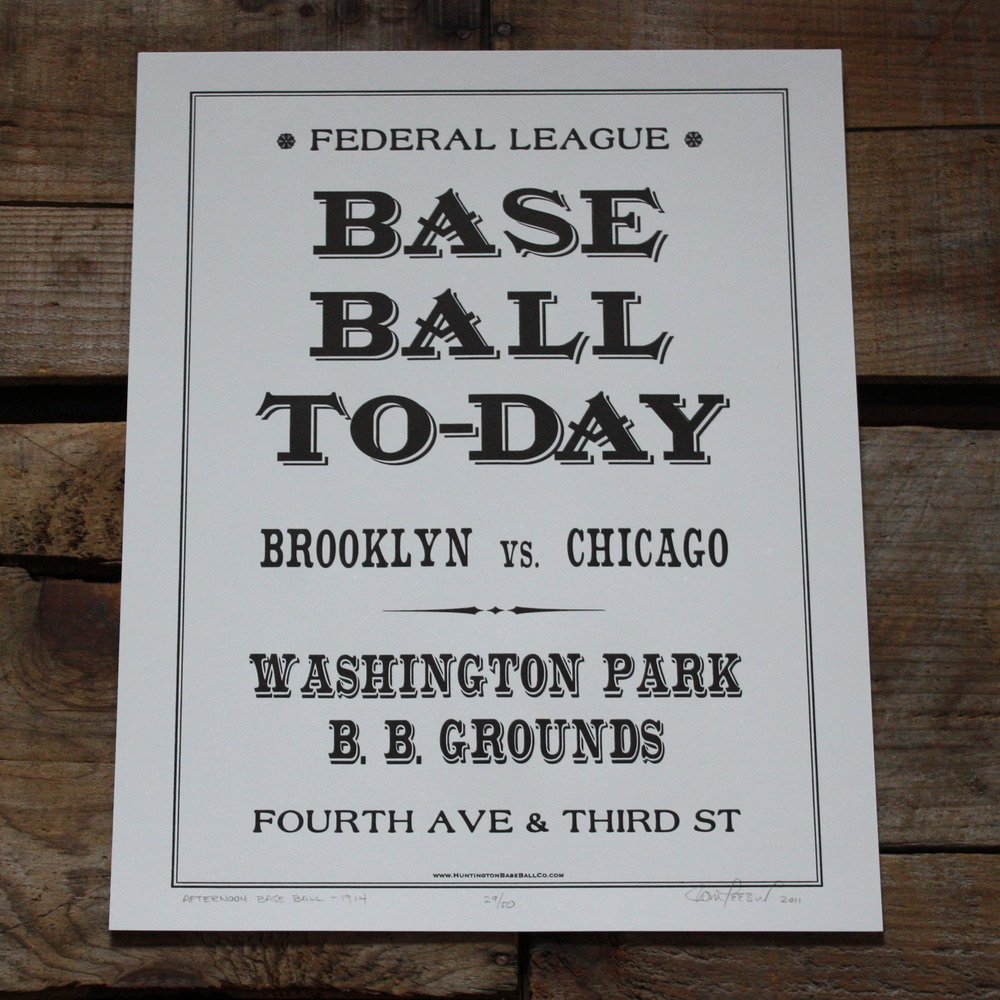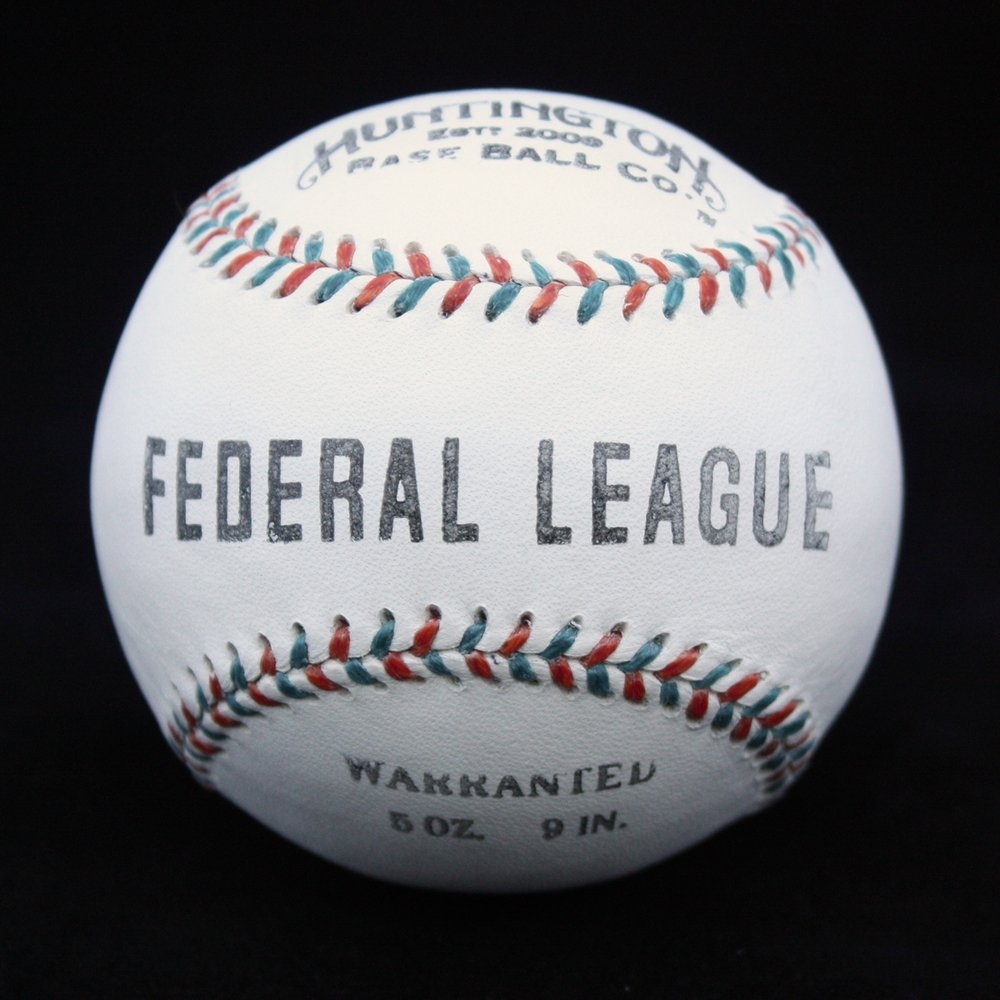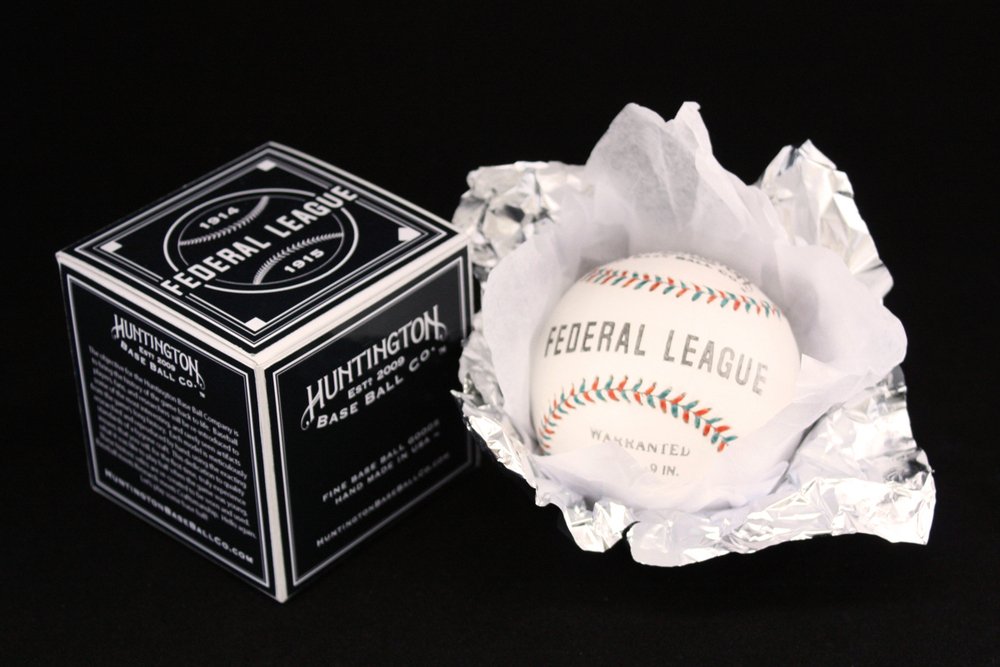First-time sports historians Tom Delise and Jay Seaborg ("Foxy Ned Hanlon: The Baseball Life of a Hall of Fame Manager") join the podcast for a biographical look at one of baseball's most innovative managerial minds - and who just may be related to your humble host!
"Foxy" Ned Hanlon was one of the major leagues' earliest tactical visionaries, who recognized the value of speed and strategy in generating runs long before the term “small ball” became popular. Starting as a fine outfielder, Hanlon played 13 professional seasons with the Cleveland Blues, Detroit Wolverines, the Federal League's one-year Pittsburgh Burghers, Pittsburgh Pirates (neé Alleghenys), and (original American Association-then-National League) Baltimore Orioles - stealing 329 bases after stolen bases were first recorded in 1886. Despite a modest .260 batting average, Hanlon was renowned for his speed and daring on the bases, as well as his defensive prowess, leading the National League in putouts in 1882 and 1884.
Hanlon’s managerial career began after participating in A.G. Spalding’s “Around The World Baseball Tour” in the winter of 1888. He became the player-manager of the Pittsburgh Alleghenys in 1889 and supported the short-lived Players’ League in 1890, where he posted a .383 on-base percentage. Returning to the Alleghenys, Hanlon inadvertently contributed to the team’s name change to Pirates due to his aggressive player acquisition tactics.
In 1892, Hanlon took over the Baltimore Orioles and revolutionized the game with his “Inside Baseball” philosophy. He emphasized teamwork, speed, and innovative plays like the hit-and-run, sacrifice bunt, and double steal. Hanlon also introduced the "Baltimore Chop" and was among the first to use a platoon system based on pitcher handedness. Under his leadership, the Orioles transformed from cellar dwellers to dominant forces, capturing five NL pennants from 1894 to 1900.
Hanlon’s strategic genius earned him accolades from peers and successors. Hall of Fame manager Connie Mack regarded Hanlon as the greatest leader in baseball history, and in 1937, The Sporting News dubbed him “The Father of Modern Baseball.” Ned Hanlon passed away on April 14, 1937, and was elected to the Hall of Fame in 1996, cementing his legacy as a pioneer of the sport.












